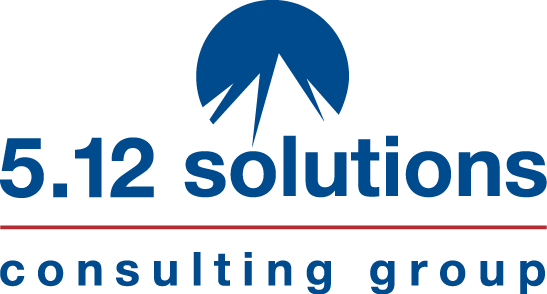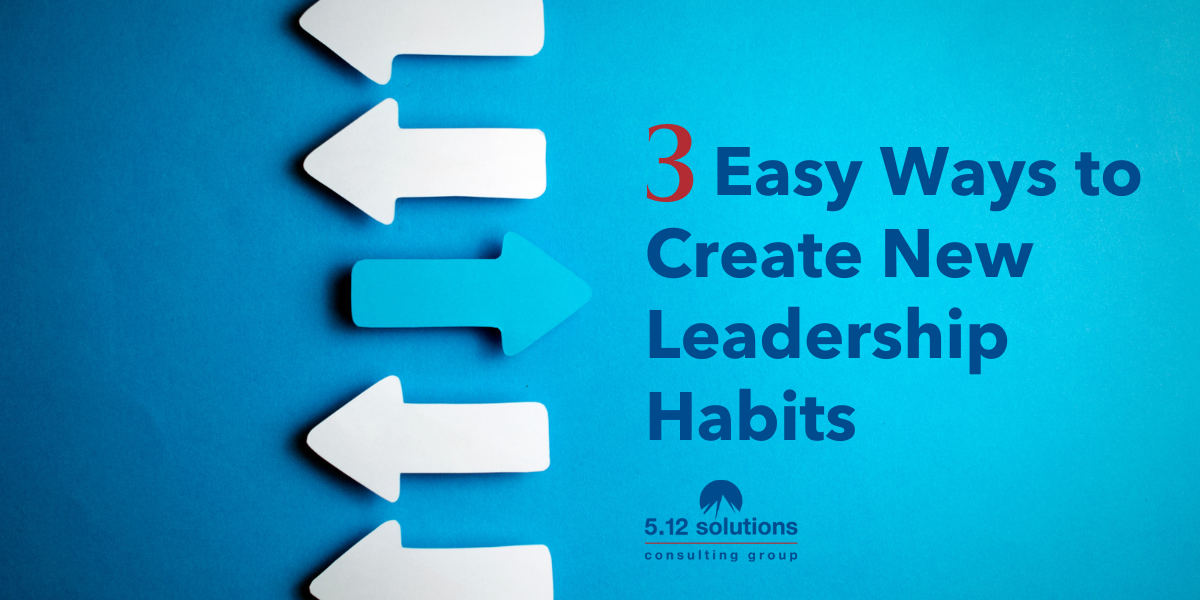“We are what we repeatedly do. Excellence then, is not an act, but a habit.”
I love that quote by Aristotle because it reminds me that we aren’t what we do one time – whether it’s that one moment of glory or that one mistake. And, that if we want to be great at work and in life, we have to be great consistently.
New Coachmetrix Feature Coming Soon!
We are so excited about the impact that habit formation has on leadership effectiveness, that we’ll be releasing a new feature in our Coachmetrix accountability and behavioral change platform to track habit formation.
Why? Because creating new leadership habits is a transformative journey that not only elevates individual leaders but also has a profound impact on the organizations they lead. In the dynamic and often unpredictable business landscape, the ability to adapt and evolve one’s leadership style is not just beneficial – it’s essential.
However, the path to habit formation is fraught with challenges, making the adoption of effective strategies crucial for success.
The Importance of Creating New Leadership Habits
Leadership habits form the backbone of an organization’s culture and performance. Effective leaders:
- inspire their teams
- drive innovation
- navigate through challenges with resilience
By cultivating new leadership habits, executives can:
- enhance their emotional intelligence
- improve communication skills
- develop a more agile approach to problem-solving.
These habits enable leaders to respond more effectively to the ever-changing business environment, fostering a culture of continuous improvement and innovation.
Another benefit: leadership habits have a cascading effect throughout the organization, setting a precedent for the behavior, attitudes, and values that define the corporate ethos.
Authenticity – The Bain of New Habit Creation
Despite the clear benefits, forming new leadership habits is not without its challenges. One of the primary obstacles to creating new habits is the desire to be “your authentic self” at work.
The challenge with authenticity is that it perpetuates the deeply ingrained nature of existing habits. In other words, when leaders try out new behaviors, they often don’t feel “authentic” and, as a result, revert back to their more comfortable and natural behaviors.
Coupled with the fast-paced nature of the business world, leaders are left with little room for reflection and self-improvement, making it difficult to prioritize habit formation.
66 Days…Not 21 Days to Form a Habit
Understanding the science behind habit formation can provide valuable insights into overcoming these challenges. Research suggests that it takes an average of 66 days for a new behavior to become automatic, although this can vary significantly depending on the individual and the complexity of the habit.
This highlights the importance of patience and persistence in the process of developing new leadership habits. It’s not an overnight transformation, but a gradual journey of self-improvement.
Strategies for Creating New Leadership Habits
To navigate the challenges of habit formation and harness the benefits of new leadership habits, consider the following strategies:
#1: Set Clear, Achievable Goals: Start by identifying specific leadership habits you want to develop. Break these down into smaller, manageable goals that can be tackled one at a time. For instance, if the aim is to improve team communication, a starting goal could be to hold regular one-on-one meetings with team members. Setting clear goals provides direction and makes the process of habit formation more tangible and achievable.
#2: Leverage the Power of Repetition: Consistency is key in habit formation. That’s where the power of neuroplasticity comes into play. Neuroplasticity, simply put, is our brain’s ability to rewire itself. It’s how we learn new skills, adapt to change, and form new habits. When we repeat a behavior, our brain builds pathways to make that behavior more efficient. Like a trail through a forest, the more we travel it, the more defined the behaviors become.
For leaders, this means that when you consistently practice new leadership behaviors – be it effective communication, strategic thinking, or empathy – you are literally rewiring your brain. This rewiring enables these behaviors to become more natural and automatic, essentially becoming part of who you are as a leader.
In our new feature on Coachmetrix, for example, we’ll be utilizing reminders and reflection among other methods, to incorporate new leadership behaviors into your daily life.
#3: Seek Feedback and Reflect: Habit formation is a dynamic process that benefits greatly from reflection and feedback. Regularly seek input from peers, mentors, and team members on your progress towards your new leadership habits. Reflect on what is working and what isn’t, to adjust your approach accordingly. This feedback loop not only accelerates habit formation but also fosters a culture of openness and continuous improvement within the team.
New Leadership Habit Creation is a Journey
Yes, it is marked by challenges – but it’s also filled with opportunities for growth and development. By understanding the importance of these habits, recognizing the obstacles, and employing effective strategies for change, leaders can significantly enhance their impact and effectiveness.
The journey of habit formation is a testament to the power of resilience, patience, and continuous self-improvement in achieving leadership excellence. As leaders embark on this transformative journey, they not only evolve personally but also drive their organizations towards new horizons of success and innovation.
If you’d like support in your organization to help your leaders and teams create new habits and elevate organizational health, we’d love to connect. Schedule your complimentary insight session today.
Has your organization been struggling with siloed working environments, outdated problem-solving methods and leadership frameworks that just aren’t adaptive to today’s complex, uncertain business environment? Then it’s time for a change.
Gain a fresh perspective in my bestselling book, The Deeply Human Workplace.

